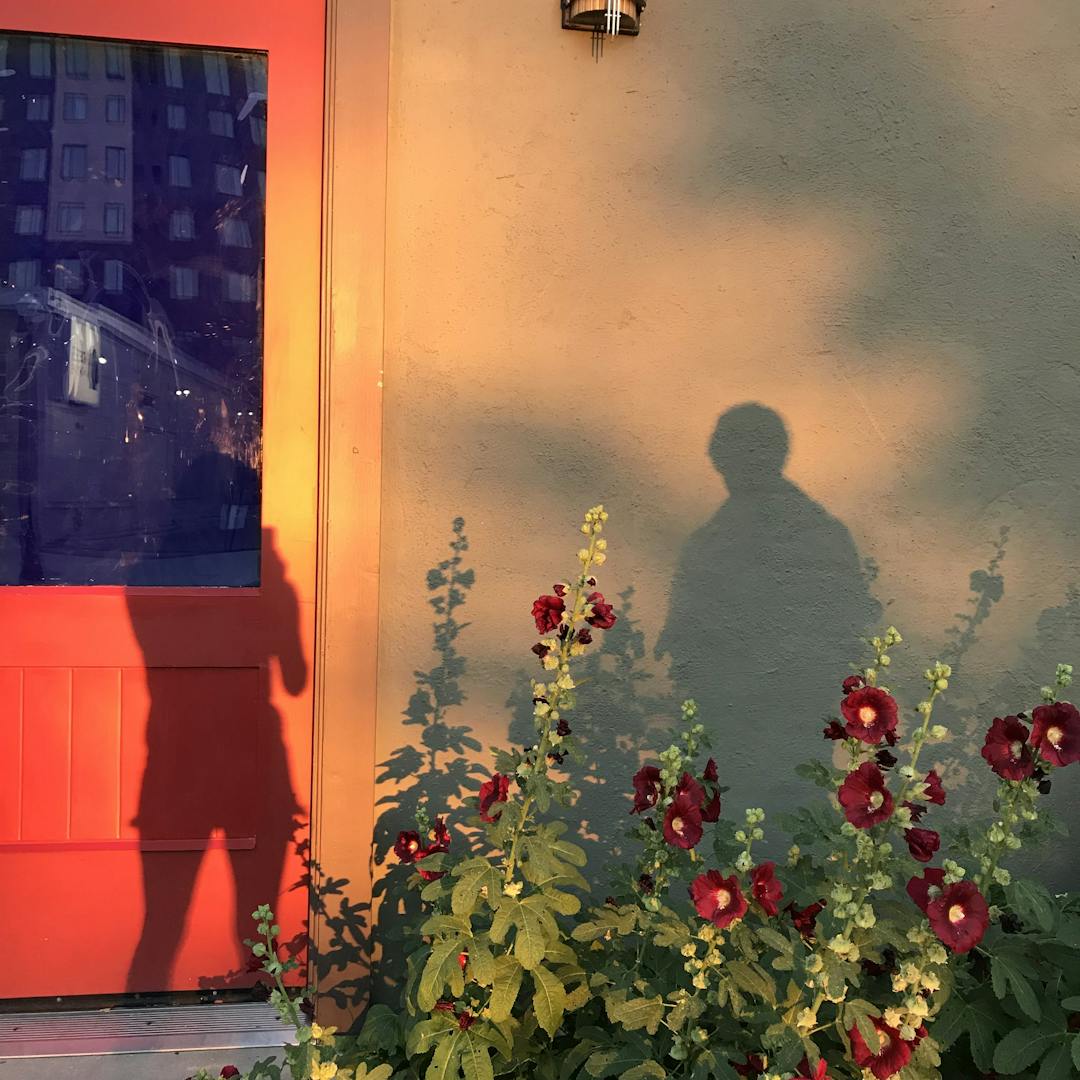On October 6, 2022, President Biden unveiled an unexpected treat just before Halloween – he announced a complete and unconditional presidential pardon for all federal offenses related to the simple possession of marijuana. This move was an exciting development!
However, the buzz around this announcement faded quickly, leaving many wondering about its actual impact, who benefits from it, and its potential future implications. It’s time to dig deeper and understand the situation.
simplifying the concept of a pardon
Think of a pardon like an apology. For instance, when you apologize for finishing off the last pack of cookies, you’re seeking forgiveness. In this context, a pardon is an act of forgiveness by the President of the United States.
A pardon doesn’t erase the fact that a crime was committed or remove it from records. However, it does lift certain limitations that come with a conviction, such as voting rights, ability to hold public office, jury service, and barriers in obtaining housing, a driver’s license, employment, or loans.
the scope of biden’s marijuana proclamation
The proclamation offers pardons to U.S. citizens and lawful permanent residents who were charged with “simple possession” of marijuana under the Controlled Substances Act. It also calls on state governors to pardon individuals with state-level offenses of the same nature.
This is significant because marijuana is still classified as a Schedule I drug, considered as dangerous as heroin and LSD, and more so than fentanyl and methamphetamine.
the limitations of the proclamation
At the time of this proclamation, no one was in federal prison solely for simple marijuana possession. The pardon only applies to federal convictions, not to state or local law convictions, which are more common. While it encourages state governors to follow suit, it does not compel them to do so.
Many individuals still face obstacles due to state or local convictions for simple marijuana possession, hindering their pursuit of opportunities. This federal step is hoped to initiate state-level reforms to end the outdated views on marijuana.
Moreover, the pardon is not retroactive; it only applies to offenses committed on or before October 6, 2022.

current developments and future prospects
Despite the slow pace of change, recent actions suggest momentum is building. For instance:
- In November 2022, Oregon’s Governor Kate Brown pardoned about 45,000 individuals with simple marijuana possession convictions.
- Governors in Washington, Pennsylvania, Nevada, Colorado, and Illinois have initiated pardons for low-level marijuana offenses.
- Maryland and Missouri legalized cannabis in November 2022, with Maryland planning to expunge past cases by July 1, 2024.
- Kentucky’s Governor Andy Beshear issued an order in November to ease restrictions on medical cannabis.
- In January 2023, Connecticut started its first recreational cannabis sales, following the legalization signed by Governor Ned Lamont.
- Minnesota’s Governor Tim Walz indicated his intention to sign a bill legalizing recreational marijuana in 2023.
These developments are significant strides in changing marijuana policies!
You can read President Biden’s proclamation and his statement for more information on official US government websites.



